03:49
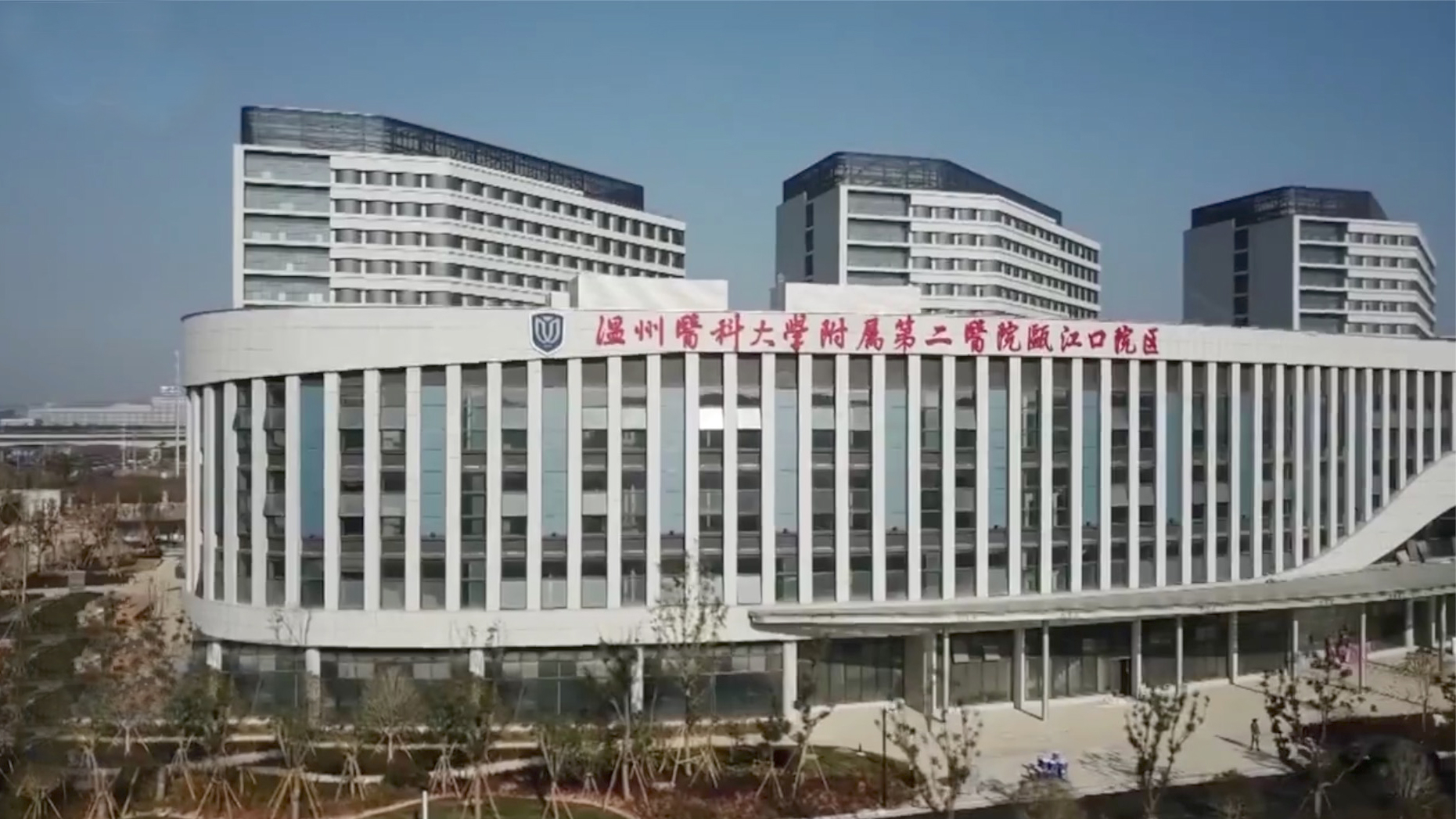
Wenzhou City in east China's Zhejiang Province once reported the largest number of COVID-19 cases in a single city outside of Hubei Province. But a month later, the city has had no new infections for two weeks. More than 95 percent of its patients have fully recovered. Just how did Wenzhou do it?
Isolating confirmed and suspected cases is vital
Wenzhou City is home to over nine million people, almost equivalent to the population of Belarus. The city is best known for being the birthplace of China's private economy, but in early February it made news by reporting over 300 coronavirus patients. That was the largest number of confirmed infections in a single city outside of Hubei Province. Facing intense pressure, local authorities knew there was no time to lose.
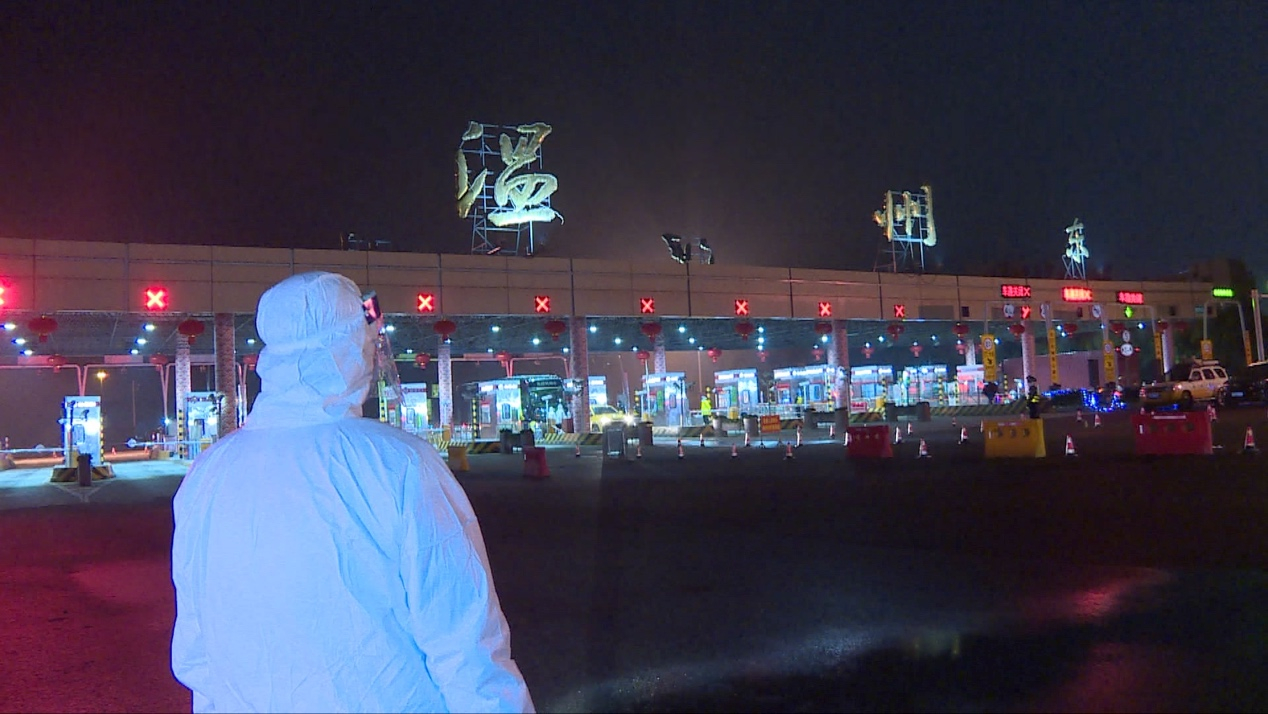
Wenzhou reacted fast to stop the spread of the virus. /CGTN
Wenzhou reacted fast to stop the spread of the virus. /CGTN
Wenzhou Mayor Yaogaoyuan said local authorities reacted very quickly and issued measures to isolate suspected cases of infection at home or at designated places for medical observation. They also encouraged all residents to limit their mobility and avoid public gatherings to help stem the spread.
From late January to February, all family visits and public celebrations were cancelled. Most public transportation and highway entries were suspended. All incoming visitors were carefully scrutinized.
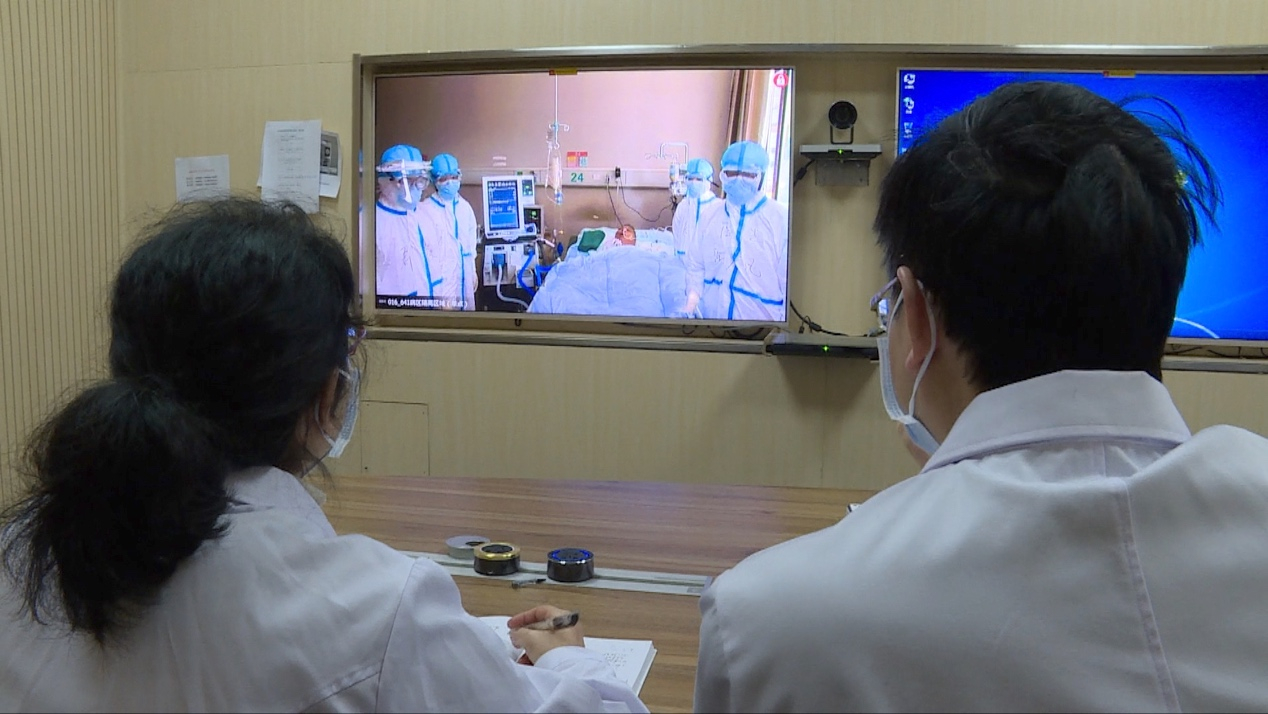
All the confirmed cases were sent to isolation wards, while suspected cases were quarantined in designated places. /CGTN
All the confirmed cases were sent to isolation wards, while suspected cases were quarantined in designated places. /CGTN
Dr. Dai Jianyi, who is from the Infectious Disease Department of Wenzhou No.6 People's Hospital, told CGTN that isolation wards are necessary for treating patients. Hospitals must be equipped with enough qualified wards. Doctors and nurses must wear full protective suits and be well-prepared.
Medical staff, volunteers and residents fight together
In addition to the over 30,000 medical staff, more than 100,000 volunteers also joined the battle to safeguard their communities. On February 17, the total number of COVID-19 patients peaked at 504. Doctors and nurses raced against time to save each patient's life.
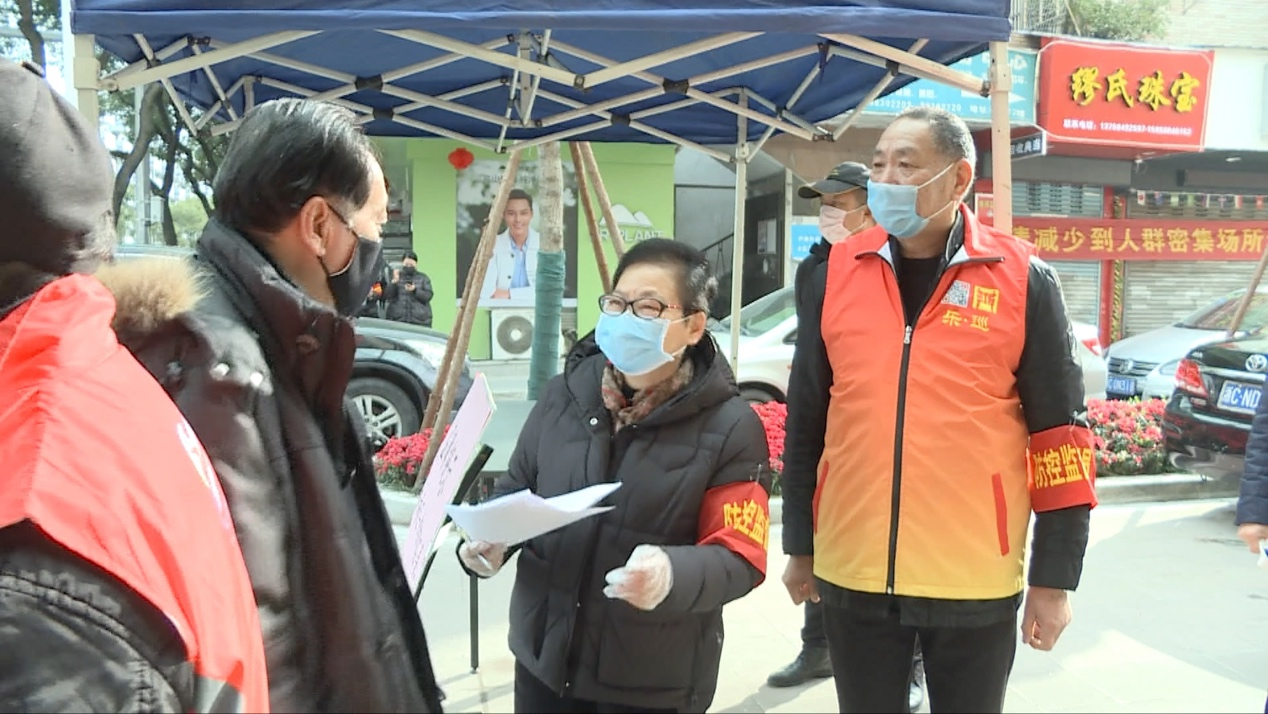
Over 100,000 volunteers in Wenzhou fought the epidemic. /CGTN
Over 100,000 volunteers in Wenzhou fought the epidemic. /CGTN
Mr. Chen, a just-recovered patient, told CGTN that from 5 a.m. to 12 p.m. doctors and nurses come to visit the patients. Each has a different treatment plan. He talked to other patients and discovered their medication was different to his. Doctors adjust their treatment according to each person's condition.
Assembling the best medical resources
Wenzhou not only set aside over 10 designated hospitals to receive COVID-19 patients, it also assembled the best medical resources available.
Ye Yinghai, who is the vice president of Wenzhou No.6 People's Hospital, said each patient was taken care of by a group of professional experts and doctors from their hospital-level expert team, city-level expert team, as well as Traditional Chinese Medicine team.
Over 140 COVID-19 patients were treated at Wenzhou No.6 People's Hospital, but after about 50 days of care, all the patients have recovered and been discharged.
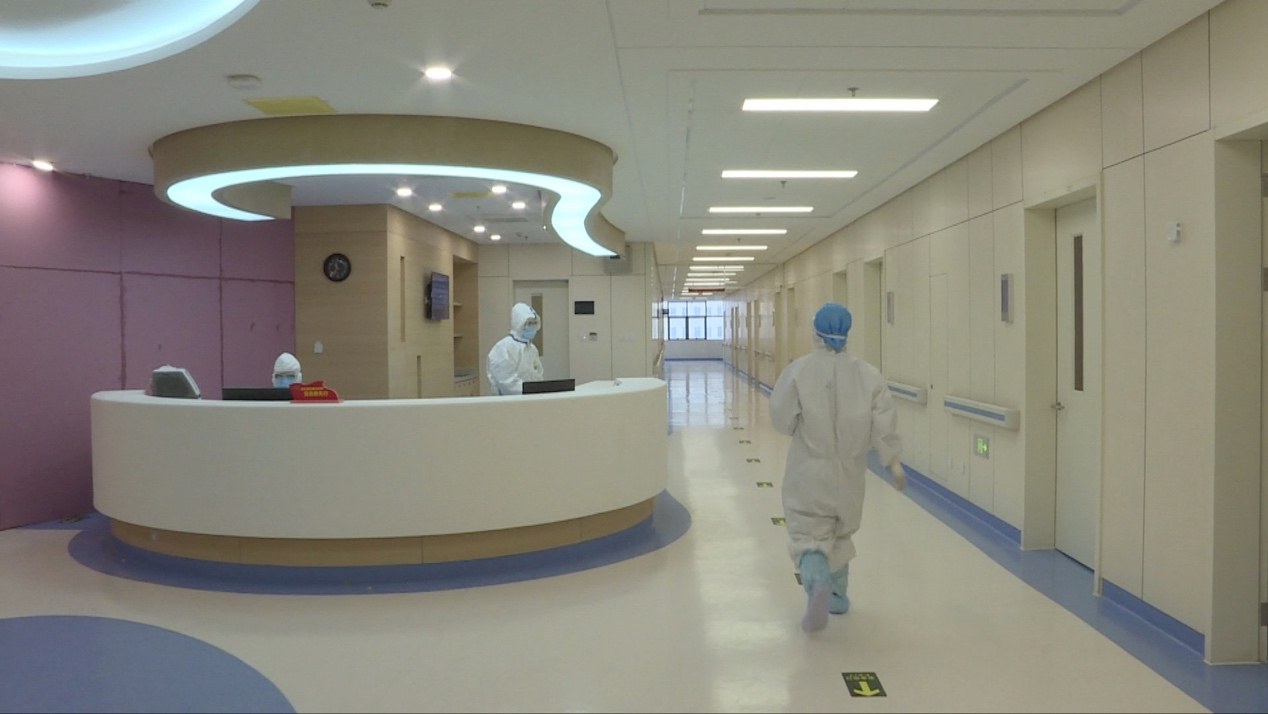
The remaining few patients are expected to be discharged from other hospitals in the coming days. /CGTN
The remaining few patients are expected to be discharged from other hospitals in the coming days. /CGTN
Further public health care improvements ahead
Wenzhou health authorities say innovative measures played a key role in containing the epidemic.
Wu Shangbin, deputy director of the Health Commission of Wenzhou told CGTN that it is necessary to perform nucleic acid tests as early as possible for suspected cases and those who have had close contact. Concentrating superior medical resources in treating patients is a must. To avoid any repetitive cases, Wenzhou has also adopted higher standards before discharging any patient.
Although life has gradually returned to normal and most businesses have resumed work, the city remains vigilant. Apart from making sure there are no imported cases, authorities are also taking steps to further improve and strengthen its public health care system.